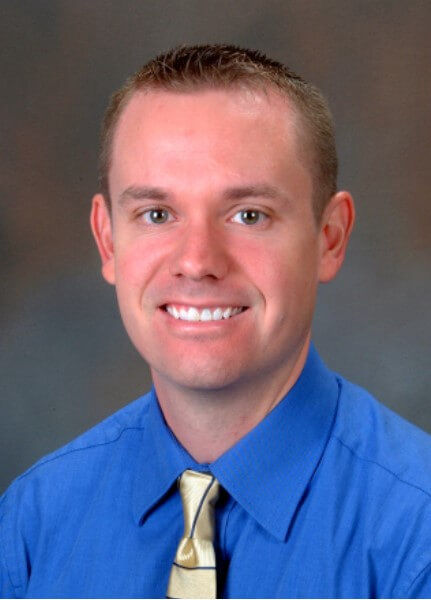
Charles Hine, DDS, MSD
Dr. Hine graduated from Indiana University School of Dentistry in 2001, and completed a general practice residency at Wishard Hospital in 2002. His endodontic specialty training was completed in 2004 at Indiana University School of Dentistry. He went into private practice in 2004 at South Central Endodontics in Columbus, IN. Dr. Hine opened his own practice on the south side of Indianapolis in 2007.
Since 2004, Dr. Hine has enjoyed serving his community's dental needs while also serving as an Adjunct Professor of Endodontics at Indiana University School of Dentistry. He is board certified by the American Board of Endodontics and has lectured on endodontic topics at national and international meetings. Dr. Hine is an active member of the ADA, IDA, AAE, ABE, IDDS as well as a fellow in the American College of Dentists.
In his spare time you will find him watching his beloved Hoosiers and spending time with his wife, Jenny, and their three children.